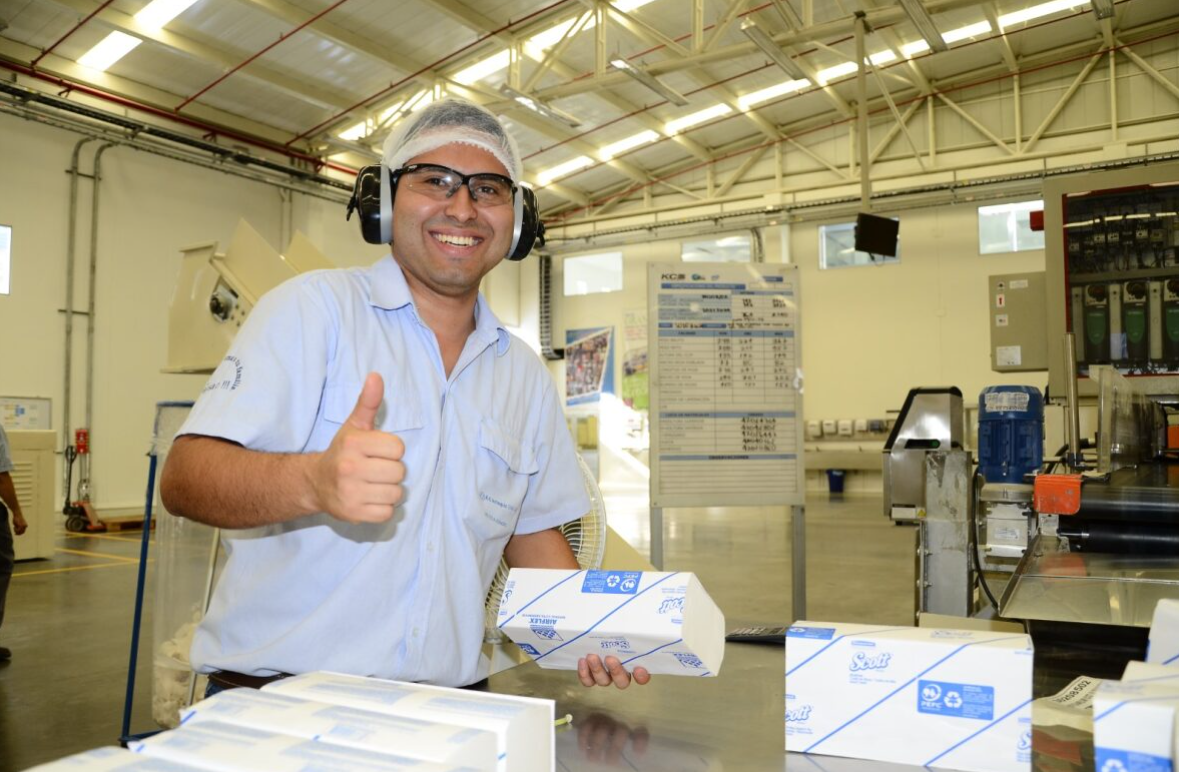Last Updated JUNE 2025
Leading from Businesses: A Path to Sustainable Development in Latin America
Sustainability is crucial in all industries due to the high demand for effective measures to address climate change. Companies value ESG criteria for their reputation and value creation.

By José Toledo, Sustainability Manager at Kimberly-Clark Professional™ for LATAM.
In today’s business context, sustainability is no longer a niche topic that interests only a few experts and environmentalists. On the contrary, it has become a cross-industry standard in response to the increasing demand for greater commitments to address climate change from consumers, investors, and governments worldwide.
As the global trend towards a greener economy develops, we also see the need for an ecological transformation of businesses accelerating, starting with incorporating environmental, social, and governance criteria, commonly known as ESG, into their strategies. Today, all industries are recognizing the immense value of integrating these principles into their operations to foster sustainable growth and create long-term value for people and society.
The figures are more than compelling. According to data from consulting firm McKinsey, 90% of S&P 500 companies, the stock index that includes the 500 largest companies in the United States, regularly report their progress and achievements in implementing ESG criteria. And according to PwC, 91% of business leaders believe that companies have a responsibility to act to contribute to ESG indicators, while 76% of consumers say they would stop buying from companies that do not actively contribute to the well-being of the environment, their employees, or the community.
Latin America has a unique opportunity to capitalize on sustainable development. Our region concentrates nearly half of the planet’s biodiversity and about a third of the world’s freshwater resources. Three of the five countries with the greatest diversity of birds, amphibians, mammals, reptiles, fish, and plants are located in this region, which also hosts 46.5% of the world’s forests.
Latin America has a unique opportunity to capitalize on sustainable development. Our region concentrates nearly half of the planet’s biodiversity and about a third of the world’s freshwater resources. Three of the five countries with the greatest diversity of birds, amphibians, mammals, reptiles, fish, and plants are located in this region, which also hosts 46.5% of the world’s forests.
Latin America has a unique opportunity to capitalize on sustainable development. Our region concentrates nearly half of the planet’s biodiversity and about a third of the world’s freshwater resources. Three of the five countries with the greatest diversity of birds, amphibians, mammals, reptiles, fish, and plants are located in this region, which also hosts 46.5% of the world’s forests.
This approach of leadership through innovation is what allows us to be much more efficient in our strategy, generating truly significant results across the entire sustainability chain. This encompasses water and energy consumption, water, forest, and carbon footprints reduction, responsible sourcing and community impact.
We see examples of sustainable business leadership in the adoption of responsible practices around waste generation and management, such as efforts to meet zero waste to landfill goals and reduce the use of plastics in product packaging.
True commitment to sustainability begins by devising new ways to optimize our actions to achieve greater impact results and revolutionize industry standards. To be sustainable we must do things differently.
As business and industry leaders, it is our responsibility to drive the achievement of increasingly ambitious sustainability goals, promoting not only the sustainable economic growth of our region but also establishing the highest standards in terms of transparency, accountability, and corporate governance practices in organizations.
This is the path to making Latin America a global benchmark in sustainability. By relying on business leadership, we can continue to advance in building a safer, healthier, and more prosperous world for future generations, with equitable opportunities and a solid promise of caring for the environment and people







